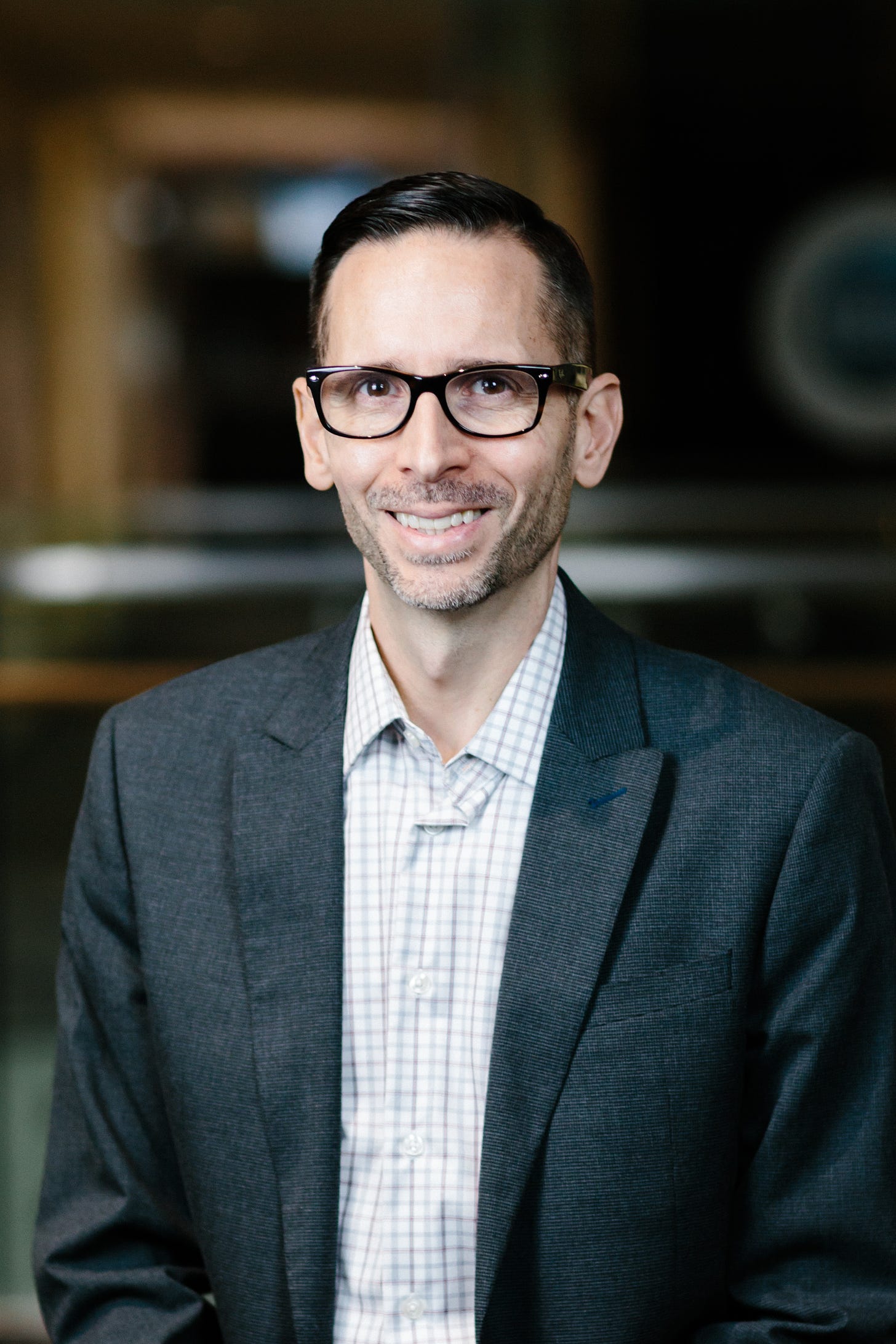Dr. Sean Lyons is Professor of Leadership and Management and Associate Dean, Research and Graduate Studies at the Gordon S. Lang School of Business and Economics at the University of Guelph. Dr. Lyons’s main area of research concerns intergenerational differences and their impacts on workplace dynamics and managing people. He is co-author of the book Ge…
Keep reading with a 7-day free trial
Subscribe to Plato's Academy Centre Newsletter to keep reading this post and get 7 days of free access to the full post archives.





